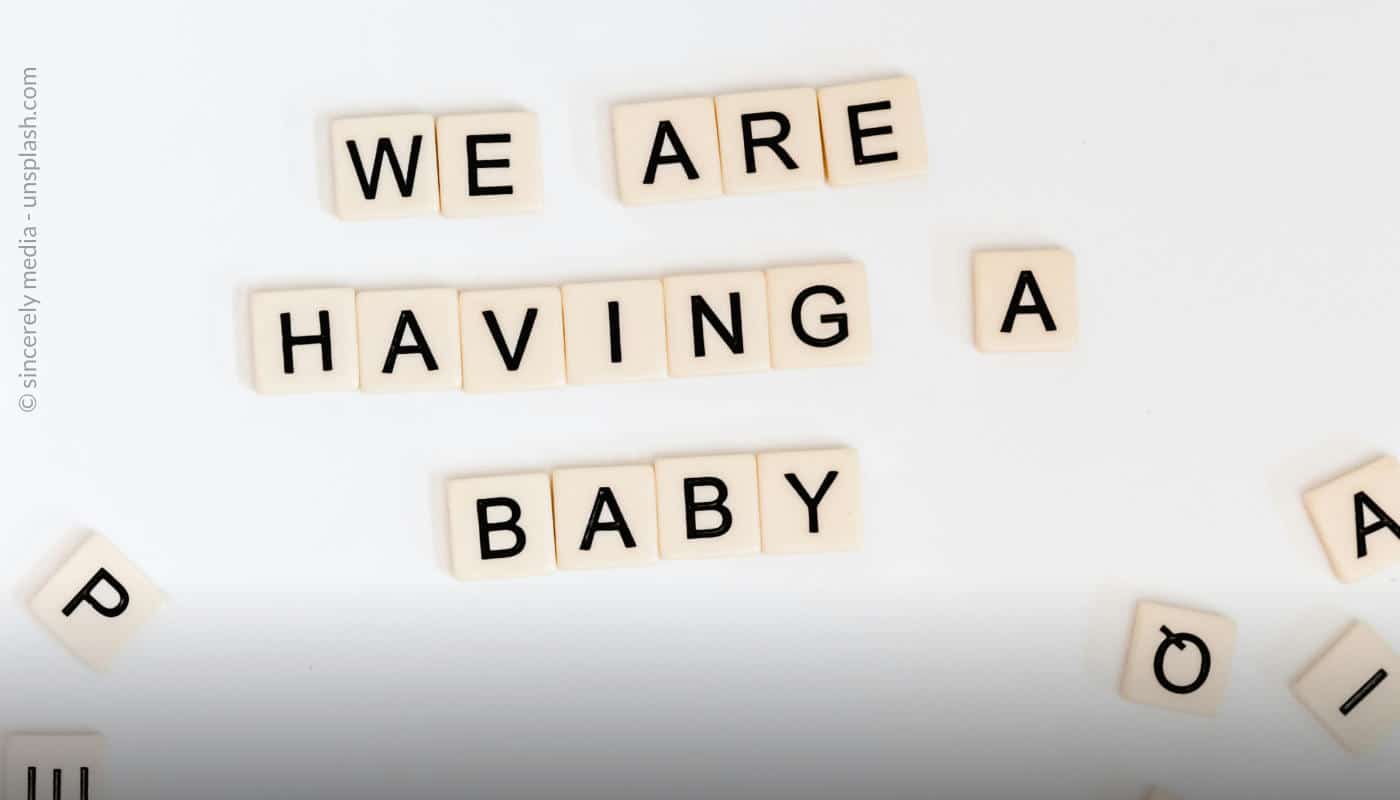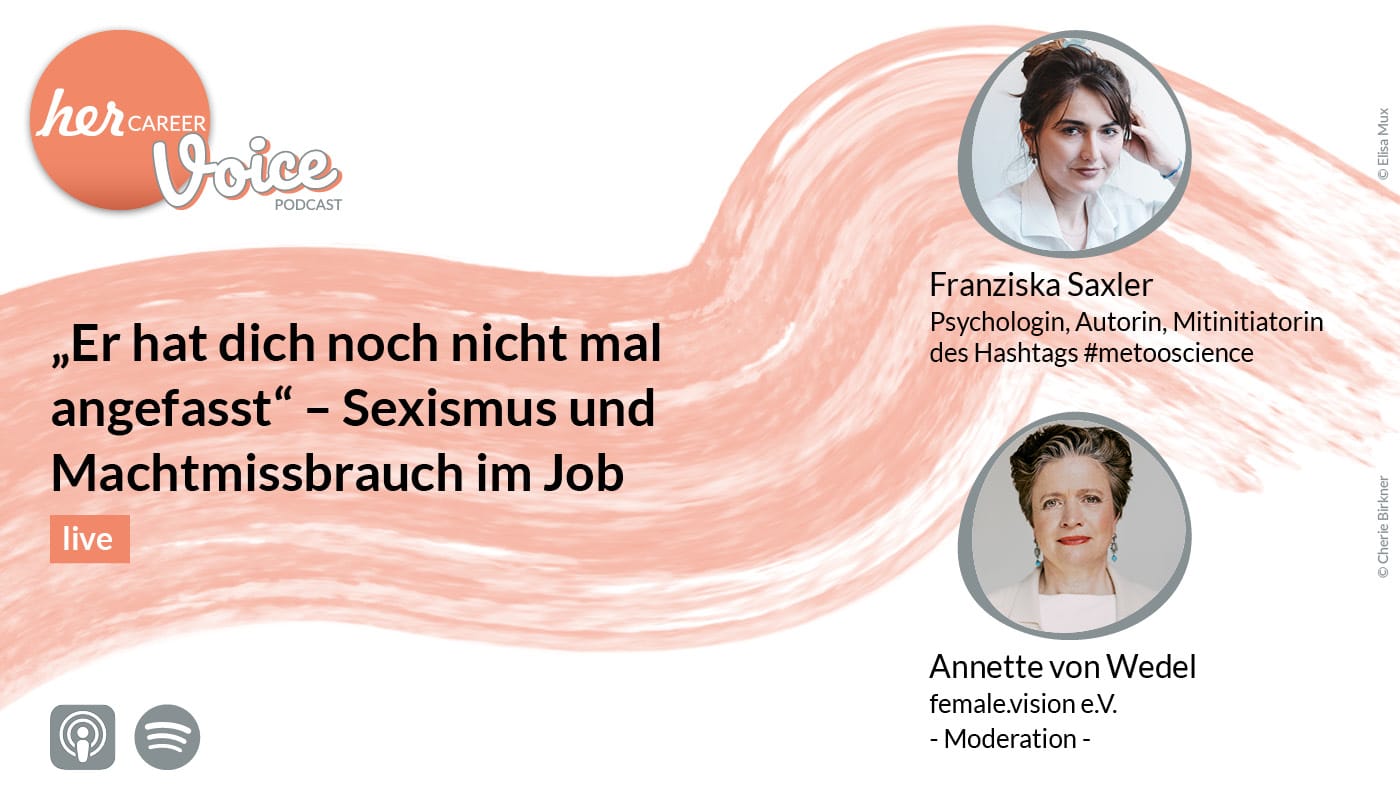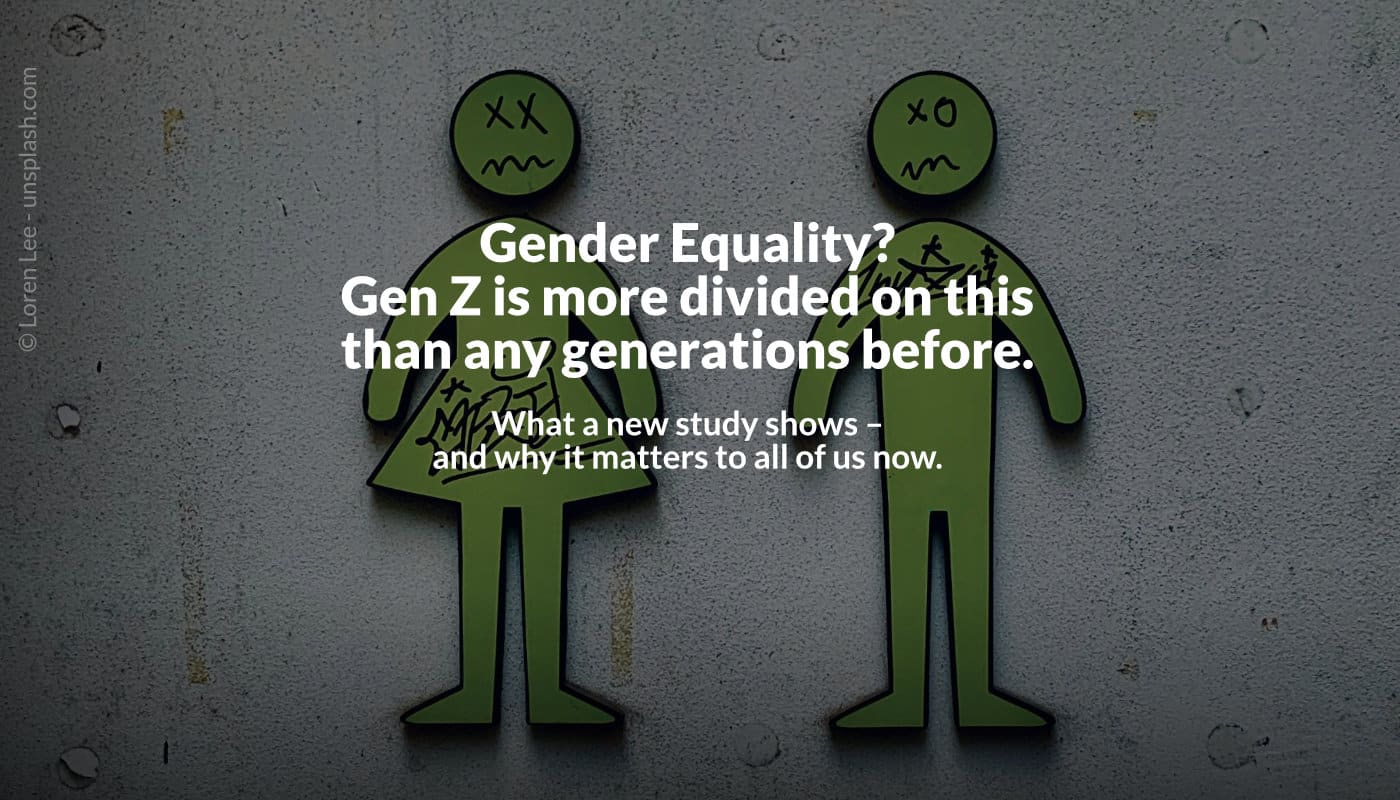South Korea has the lowest birth rate in the world, as reported by the BBC. It has been decreasing for years, dropping by another 8% to 0.72 in 2023. For a population to remain stable, the number would need to be at 2.1. If the trend continues, South Korea’s population will have halved by 2100.
„Over the past 50 years, Korea’s economy has developed at break-neck speed, propelling women into higher education and the workforce, and expanding their ambitions, but the roles of wife and mother have not evolved at nearly the same pace.“
The reasons in bullet points:
However, in many other countries, women are having fewer and fewer children, according to the Frankfurter Allgemeine Zeitung citing a report in The Lancet. It speaks of a “disturbing social change” in the 21st century. The world will simultaneously face a baby boom in some countries and a shortage of offspring in many others. This will “completely reshape the world economy and the international balance of power, requiring a reorganization of societies.” There will be competition for migrants to maintain economic growth. Regarding the birth rate in Germany (currently 1.36), there are some noteworthy LI contributions.
Katrin Fuchs looks back: “After 1975, the birth rate in the Federal Republic settled between 1.2 to 1.4 children per woman. At that time, childcare for young children was almost nonexistent. From 2015 to 2021, the birth rate was significantly higher, ranging from 1.5 to 1.6. This period saw family policy reforms such as parental leave benefits and the expansion of childcare services. So, I do see the connection between family policy and birth rate.”
Mirijam Trunk asks: “For most, a cause for concern: How can our system function in the long run if fewer and fewer offspring are born? My thought was rather different: Could our system withstand more? Due to the difficulty of balancing family and work, as parents, one must “truly want to participate in the job market wholeheartedly, because it doesn’t make economic sense for many.” Conversely, the personal desire for children must be very strong to overcome all the obstacles. Therefore, she urgently believes that it is necessary to finally “bridge the gap between family and education policy and economic performance.”

Posted by Natascha Hoffner, Founder & CEO of herCAREER, WiWo columnist, LinkedIn TOP Voice 2020, W&V 2019 – 100 Köpfe
published on LinkedIn on 04.04.2024
References:












